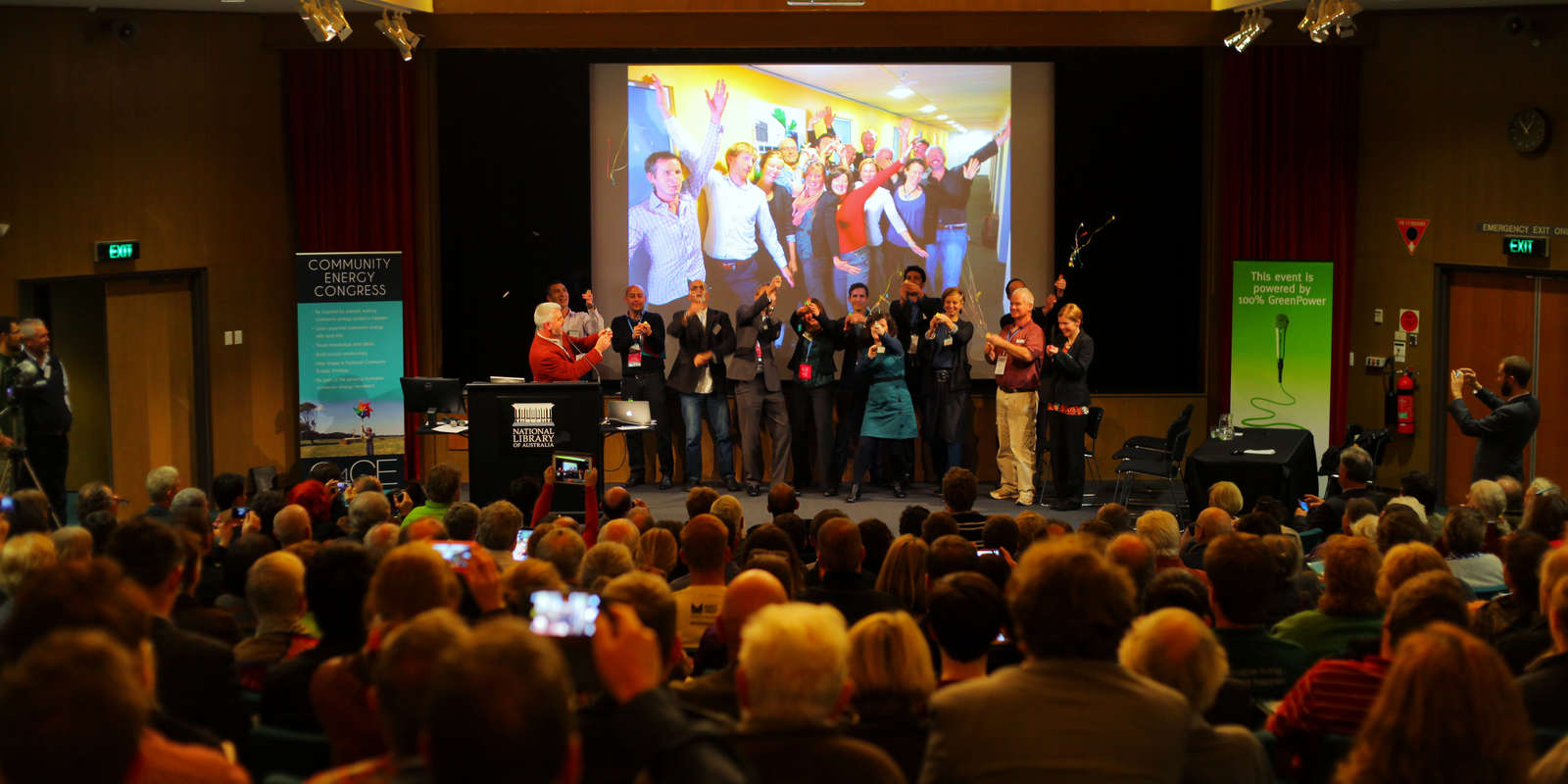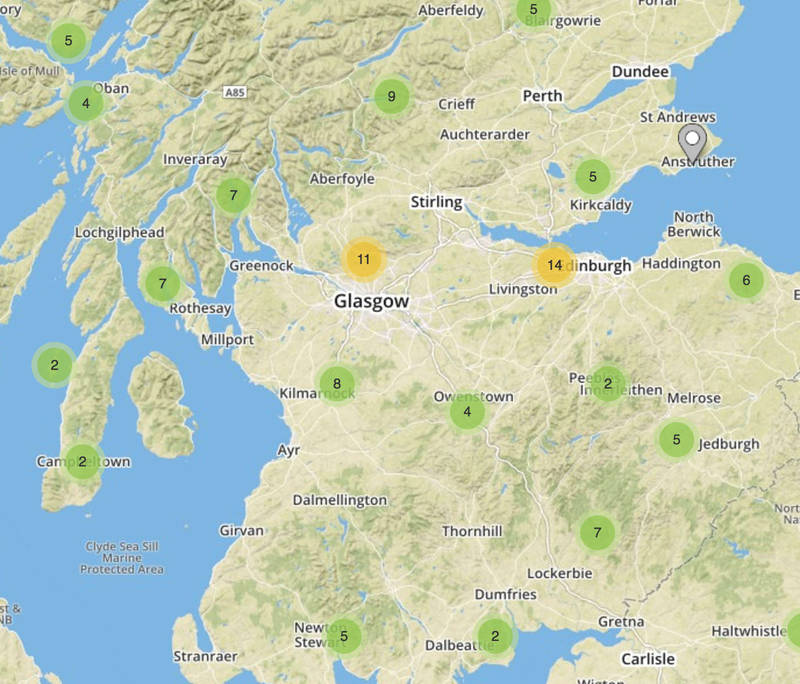Today the Australian Energy Market Commission (AEMC) rejected a rule change proposal that would have helped unlock new local and community energy projects. In its draft determination AEMC clearly showed that it doesn’t understand what consumers want or what the barriers actually are to mid-scale clean energy projects.
See Community Power Agency’s media release below.
You can also check out the research done by the Institute for Sustainable Futures that accompanies the Rule Change (and was completely ignored by AEMC) here.
Mark Byrne from the Total Environment Centre (one of the rule change proponents) has also whipped up a great article for RenewEconomy
Power users to pay price for slow-moving energy bosses
MEDIA RELEASE:
The Australian Energy Market Commission (AEMC) has today effectively blocked community groups, businesses, councils and property developers from building and investing more in renewable energy.
The AEMC ruled out allowing any local business or council to share the solar power it generates on one of its buildings across its other sites, or with its neighbours.
Community Power Agency director Nicky Ison says the retrograde decision will thwart economic development across the country.
“Hundreds of new mid-scale clean energy power projects are effectively blocked as a result of today’s decision from the AEMC,” Ms Ison said.
She says today’s decision will also add to everyone’s power bills.
“It’s a lose, lose situation.”
A Federal Government-funded study has found relaxing the rules around sharing renewable energy could save Australians more than $1billion in cumbersome and unnecessary network upgrades by 2050. Network charges amount to almost half of the average household’s power bill.
Ms Ison says the rule-maker needs to get with the times.
“Our energy system is rapidly modernising but the rule makers are failing to catch up.
“The federal energy minister and his state and territory counterparts must now step in and fix this so it is cheaper and easier for communities and local business to keep building and using more renewable energy.”


